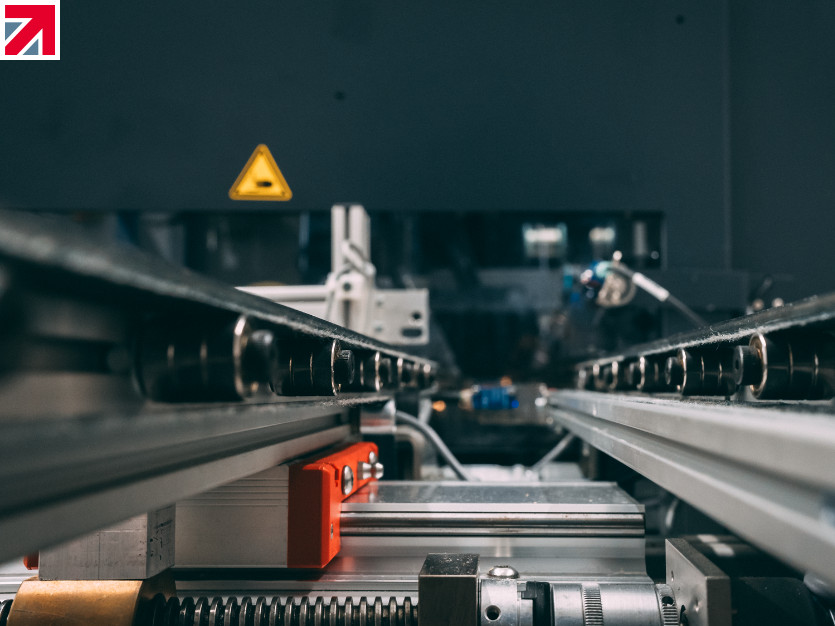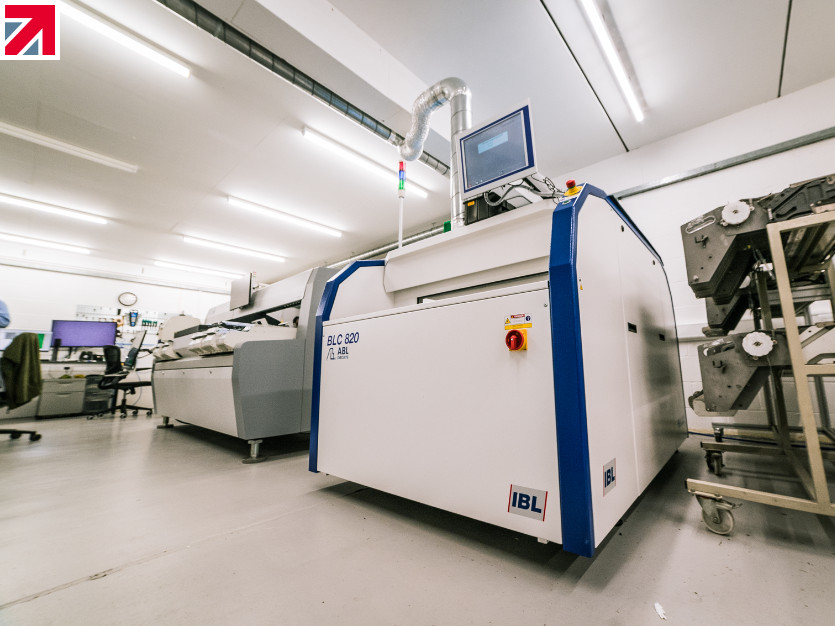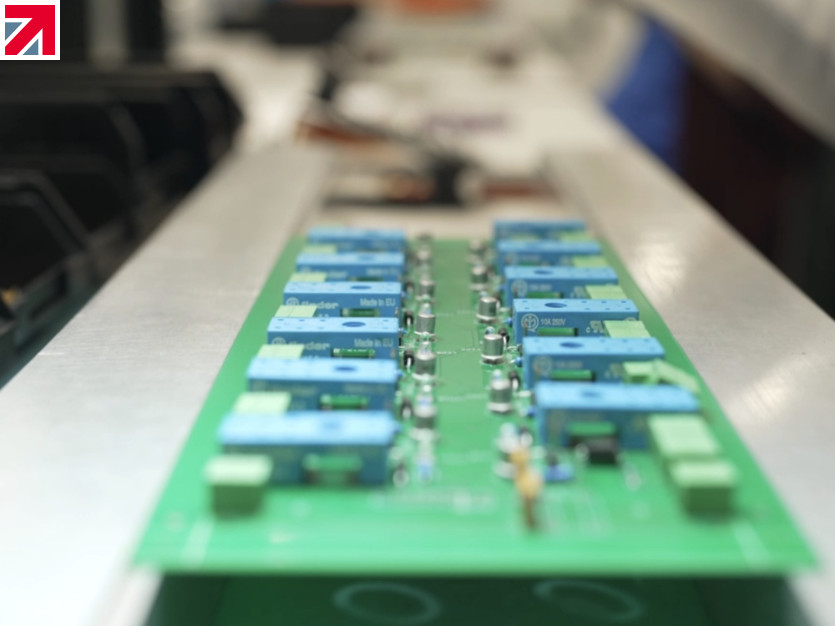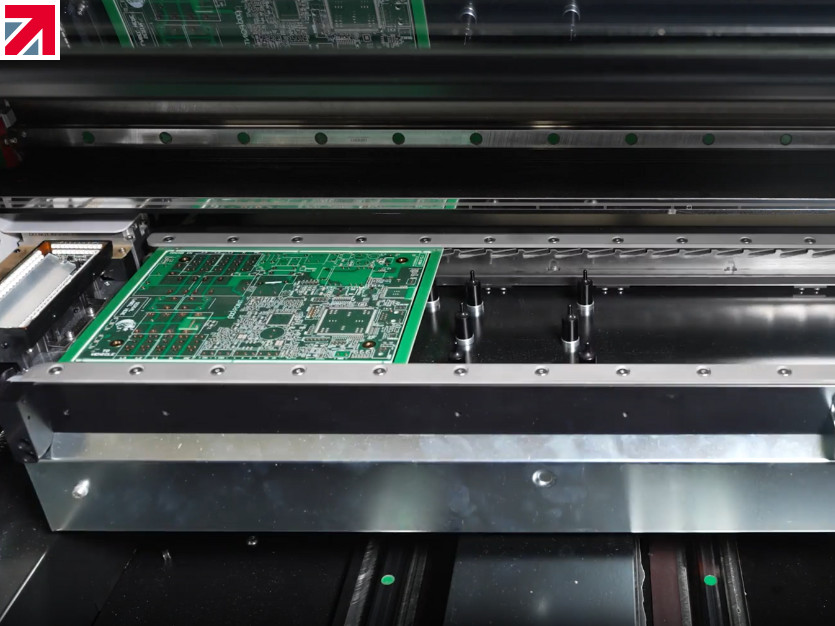We’re surrounded by technology. Whether at work, home or play, technology is everywhere. Highlighting the importance of ensuring the PCB manufacturing process is up to standards.
There are plenty of challenges to overcome within the PCB industry, though. Today, we’re exploring 7 common PCB production challenges, how to avoid them, and how we avoid them to continue to meet quality standards during production and the PCB assembly process.
Design Errors
Even the smallest design errors in printed circuit board production can result in timely delays and can have an effect on the final functionality of the PCB itself. PCB design errors can include incorrect component placement, improper trace routing and thermal management oversight. In short, anything that affects the operation of electronic devices and electronic components functioning correctly.
To help avoid these errors it is essential to work with experienced designers. Someone who understands PCB manufacture and assembly and industry standards. PCB fabrication and assembly is a fine art, as is the design process. Someone with this level of expertise will spot any major issues before going into production and conduct regular design reviews.
Using electrical simulation tools at the design stage will verify the electrical performance of the PCB including signal integrity and power distribution. Thermal simulation is able to conduct a thermal analysis to ensure adequate heat dissipation and avoid overheating.
Following DFM (Design for Manufacturing) guidelines allows for the product design to be refined and ensures the supplier is making the most effective product at the lowest cost available.
Material Selection
Choosing the right material for your PCB greatly influences the PCB’s characteristics and can have an effect on the mechanical strength, thermal management, electrical performance and of course, the cost.
The best way to ensure you are selecting the correct material for your project is to consult with your supplier, an expert in this field will be able to advise and give insight into the best materials. Requesting samples and prototypes to test will uncover any errors before full-scale production.
Understanding the specifications needed for your PCB will help with the decision on what material needs to be used. It is important to review and understand the electrical specifications, thermal conductivity and mechanical properties. An experienced designer will be able to advise on all of these important elements.
Manufacturing Defects
PCB defects are a common issue within the PCB Manufacturing Process, if errors are not detected this will result in performance and reliability issues, electrical failures, and cost implications.
Types of manufacturing defects to look out for include:
- Surface defects – delamination can occur when the layers of a PCB can separate, this can be caused by poor bonding or thermal stress. Copper foil defects and contamination are also other defects to look out for.
- Poor surface finish – Whether the finish is ENIG (Electroless Nickel Immersion Gold) or HASL (Hot Air Solder Levelling, it is essential to have the correct surface finish depending on the PCB design to avoid quality issues.
- Poor quality of copper plating – This can lead to open or weak connections between the PCB layers and result in potential errors with buried vias.
- Insufficient or missing solder masks – The absence of a solder mask can lead to solder bridging during the assembly process, which can cause shorts.
To avoid these types of production challenges it is essential to partner with a supplier who has a high standard of quality control and includes testing throughout the production process. With a focus on automotive electronics, medical devices, military and energy components, we really can’t afford to have defects in the PCB production process at ABL, which is why our standards are so high.
Thermal Management
As electrical components get smaller and more powerful, properly managing heat distribution is essential to ensure reliability and the performance of your PCB to reduce hot spots and excessive heat build up.
If effective thermal management is missed you will experience issues such as overheating leading to potential damage. High temperatures will also cause aging of the materials and components, reducing their lifespan. Ultimately component failure will occur resulting in the overall malfunction of the device.
The solution is to start with a thermal-aware PCB design that considers heat dissipation pathways, working with experts will ensure your design considers these elements and avoids failure further own the production line.
An experienced designer will also be advising on heat-resistant materials for a reliable quality product.
Signal Integrity
Signal integrity refers to the quality and reliability of electrical signals as they travel through the PCB. Poor signal integrity can result in data errors and reduced performance with the potential for device failure especially with HDI (High Density interconnect Circuit Boards).
It is important to understand the common types of signal integrity issues and the effects they can have on the performance of your PCB. The term Crosstalk refers to the unwanted transfer of energy from one element to another, this can result in corrupt data and lead to data errors.
Electrical noise can cause communication errors stemming from various sources, it is essential to manage noise to maintain signal clarity.
Another term you may come across is impedance mismatches, this happens when the impedance of the transmission line doesn’t match the impedance of the connected components. This can result in signal reflections and lead to distortion and loss of data integrity.
By ensuring best practices procedures are in place such as, proper routing techniques, using ground planes and following design guidelines will maintain signal integrity and optimal PCB performance.
Testing and Validation
Testing and validation are essential steps in the production of PCB manufacturing and assembly. Electronics of all types are prone to faults, hence why it is important to test at each stage of production to minimise manufacturing challenges later down the line.
One of the most common PCB testing challenges is inadequate test coverage, skipping testing or simply not testing at all leading to errors in the final stages. Overlooking testing environments that are relevant to that product can impact the PCB performance. Environmental factors such as humidity, temperature and vibrations can have an impact on the quality of the product and its resilience.
ABL Circuits has built its reputation on quality and reliability. All of our printed circuit boards are tested and inspected at 7 separate stages to ensure perfect final PCBs.
Supply Chain Issues
Managing the supply chain is crucial when it comes to avoiding PCB production challenges and product quality. Supply chain issues can have a big impact on production timelines and costs.
It is important to consider shortages of essential components, global supply chain disruptions can cause delays and project timelines. Having regular communications with your PCB supplier will enable you to forecast any challenges that could arise.
Using a PCB supplier who manufactures and assembles under one roof will not only streamline supply chains but also maintain quality. At ABL Circuits, we are committed to managing supply chain challenges effectively to ensure the timely delivery of high-quality PCBs.
Key Takeaways
PCB production allows the opportunities for innovation, working with industry professionals who can forecast challenges and implement solutions before they have even arisen is essential, especially if your aim is to stick to a tight time frame, production hurdles are what you need to avoid.
Partnering with ABL Circuits means you benefit from over 40 years of experience, a team full of dedicated experts to help you navigate PCB manufacturing issues and common PCB problems. We can help you improve your processes, maintain quality control, help with design queries and offer effective supply chain management.
Find out more about ABL Circuits Ltd on their member profile page here
Member-created content 1 year ago | From members



